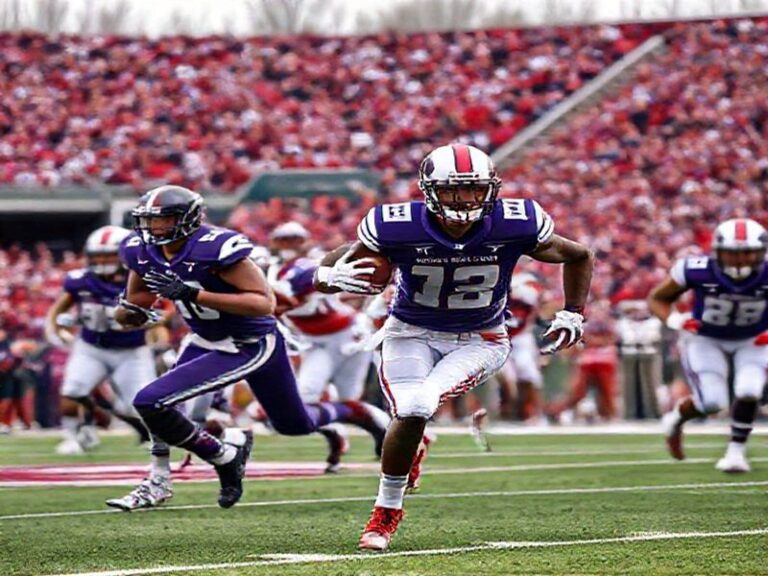Chris Collinsworth: America’s Accidental Cultural Ambassador Explaining Football to the World
**The Accidental Diplomat: How Chris Collinsworth Became America’s Most Unlikely Cultural Export**
In the grand theater of American exceptionalism, where we export democracy, fast food, and inexplicable reality TV shows with equal enthusiasm, one man has somehow managed to become our most perplexing cultural ambassador without anyone quite noticing. Chris Collinsworth—the former Cincinnati Bengals wide receiver turned broadcasting institution—has spent decades doing something far more subversive than any State Department initiative: he’s been explaining American football to Americans with such evangelical fervor that the rest of the world, against all odds, has started listening.
From the neon-soaked studios of Sunday Night Football, Collinsworth has become what anthropologists might generously call “a window into the American psyche”—though perhaps “a mirror reflecting our collective obsession with men in tight pants smashing into each other” would be more accurate. His signature “Now here’s a guy” analysis has achieved what decades of public diplomacy couldn’t: making foreigners genuinely curious about why grown men need this much strategic instruction to move an oblong ball twenty yards.
The international implications are, frankly, staggering. In British pubs where football traditionally involves actual feet, Collinsworth’s commentary has become a sort of absurdist poetry—Shakespeare by way of the NFL rulebook. German viewers, who’ve spent decades perfecting efficiency, find themselves mesmerized by his ability to stretch a simple touchdown into a seven-minute meditation on human achievement. Even the Japanese, masters of minimalist aesthetics, have developed a cult appreciation for his maximalist approach to describing what is, essentially, very expensive fetch.
What makes Collinsworth particularly fascinating from a global perspective is how perfectly he embodies America’s unique talent for making everything sound like the most important thing that’s ever happened. While European football commentators describe actual goals with the emotional restraint of a weather report, Collinsworth treats a routine first down with the gravitas typically reserved for moon landings or papal elections. It’s this commitment to manufactured drama that has made him an unwitting symbol of American soft power—proof that we can, and will, make anything sound like World War III if given a microphone and three hours of prime time.
The economic implications haven’t escaped notice either. Collinsworth’s broadcasting empire—spanning multiple networks, podcasts, and presumably a future where he narrates grocery store security footage—represents a new form of American export. We’re not just selling entertainment anymore; we’re selling the very concept that entertainment should be this exhausting. Foreign broadcasters, desperate to understand the American market, study his cadences like archaeologists deciphering ancient hieroglyphics, hoping to unlock the secret of why we need this much analysis about a game that stops every eleven seconds for commercial breaks.
Perhaps most remarkably, Collinsworth has achieved what Henry Kissinger never could: making the world genuinely interested in understanding American exceptionalism, if only to figure out why we need this much explanation for something so fundamentally straightforward. His commentary has become a Rosetta Stone for decoding the American character—our need to complicate simplicity, our talent for turning leisure into labor, our unique ability to make even relaxation feel like work.
As global audiences increasingly tune in to American football—not to understand the sport, but to understand the people who need this much hand-holding to follow it—Collinsworth stands as perhaps our most honest cultural ambassador. He doesn’t just explain football; he explains us, with every “Now here’s a guy” serving as a tiny masterclass in American psychology.
In the end, maybe that’s his greatest achievement: proving that America’s most valuable export isn’t technology or entertainment, but our boundless capacity for making everything sound monumentally important. The world isn’t just watching football—they’re watching us watch football, through the endlessly enthusiastic eyes of a man who somehow makes both activities feel like matters of international significance.







